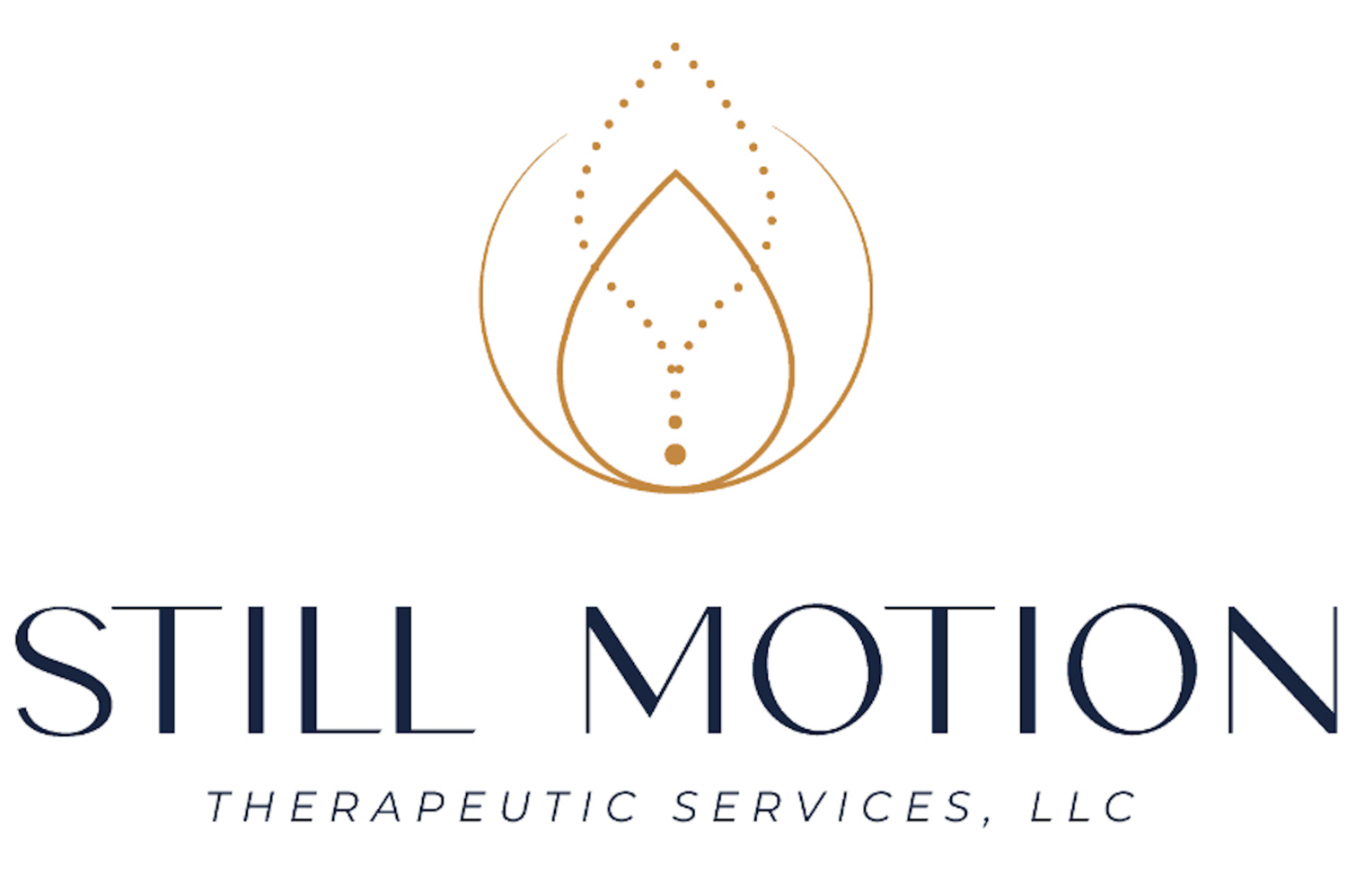Pen to Paper, Heart to Healing: How Journaling Can Support Your Mental Health
/In a fast-moving world filled with noise, pressure, and constant distractions, finding time to pause and check in with ourselves can feel rare — even unnatural. But tucked inside the simple act of writing is something powerful, healing, and deeply personal: journaling.
Whether it’s a few sentences scribbled in a notebook or pages poured out late at night, journaling gives us space to breathe, reflect, and reconnect with our inner world. And when it comes to mental health, that kind of space can make a real difference.
Why Journaling Works
Journaling isn’t just about writing what happened today (though it can be). It’s about processing your thoughts, making sense of emotions, and giving yourself a safe place to land.
Research has shown that journaling can help:
Reduce stress and anxiety
Improve mood and emotional awareness
Track patterns and triggers
Strengthen self-esteem and self-compassion
Support clarity and problem-solving
Foster mindfulness and personal growth
In other words, journaling gives your mind room to exhale.
You Don’t Need to Be a Writer — Just Honest
Many people think journaling means having perfect grammar, deep insights, or poetic reflections. It doesn’t.
There’s no right or wrong way to journal. Your pages are just for you. You can write in fragments, lists, full sentences, or even doodles. What matters most is honesty, not eloquence.
Your journal can hold whatever you're carrying — joy, fear, anger, hope, confusion, gratitude. It doesn’t judge. It just holds.
Getting Started: Simple Journal Prompts for Mental Wellness
Not sure where to start? Try one of these gentle prompts:
What am I feeling right now, and why?
What’s been weighing on me lately?
What do I need today — physically, emotionally, mentally?
What would I say to my younger self?
What’s one small thing I’m grateful for right now?
If my anxiety/depression/stress could speak, what would it say?
You don’t need to answer every question perfectly. Just write whatever comes up. Some days it will flow. Other days it won’t. That’s okay. The goal is connection, not performance.
Journaling as a Mental Health Tool — Not a Fix-All
While journaling is powerful, it’s not a replacement for therapy, medication, or other mental health support. Think of it as a companion practice — a way to check in with yourself in between therapy sessions, or a self-soothing tool when things feel overwhelming.
If you’re already in therapy, your journal can help you notice patterns, explore insights, and bring greater depth to your sessions.
A Small Practice with Big Impact
It only takes a few minutes a day. You can journal in the morning with your coffee, at night before bed, or whenever emotion strikes. You can keep it digital, write in a special notebook, or use voice memos. There’s no rulebook — only the commitment to show up for yourself.
In time, your journal becomes a mirror, a memory keeper, a friend. It reminds you how far you’ve come. It holds the words you were afraid to say out loud. It gives your inner world a place to unfold and be seen — even if only by you.
Journaling + Therapy: A Powerful Pair
At Still Motion Therapeutic Services, we believe in small steps that lead to big healing. Journaling is one of the many tools we encourage clients to use alongside therapy to support insight, emotional regulation, and personal growth.
If you're ready to explore your inner world, process old patterns, or simply reconnect with yourself in a safe and supportive space, we’re here to walk with you.
Want to learn more about how we can support your journey?
Visit Still Motion Therapeutic Services to connect with a therapist, schedule a consultation, or explore our mental health resources.
Because healing isn’t about rushing forward — it’s about moving with care, reflection, and intention. One page, one session, one breath at a time.

